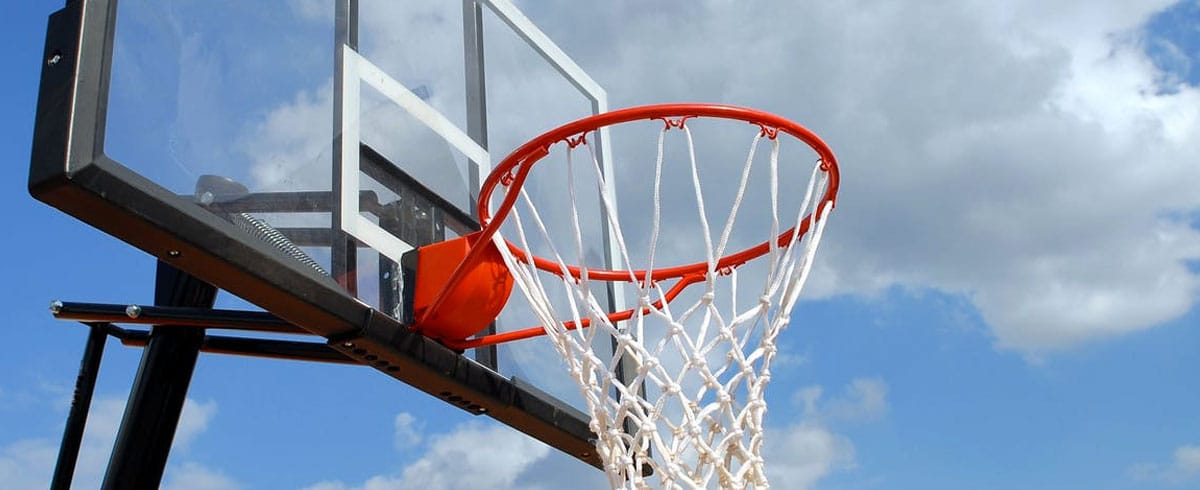Team Chemistry Declines When You Go “Palms Up” Like Boston’s Kyrie Irving

Sunday afternoon I found myself at a restaurant with my wife. Not a fancy restaurant, mind you, but the kind of place that has sports playing on large televisions. On the TV nearest our table was the Boston Celtics versus the Houston Rockets. Perfect Sunday afternoon NBA action.
Because the place was crowded, the volume was muted on the TV. As a result, I wasn’t able to hear the broadcasters analyze the game, but it didn’t matter.
What I saw spoke volumes.
As a writer, especially in the world of sports, I’ve learned to pay attention to body language. Athletes, coaches, and team officials are trained to speak in useless clichés, but if you’re paying attention, they tell you a lot with their bodies.
Arched eyebrows. Crossed arms. Leaning in. Leaning back. Looking away from you. Looking you dead in the eyes.
Sometimes, on rare occasions, even the simple elegance of a raised middle finger.
Point is, even without words, the body tells the truth—and there was a lot of truth being told Sunday in Boston.
I’ve learned something profound through my study of Great Teams: on any team, you can have multipliers, or you can have dividers. During that Celtics-Rockets game, I saw examples of both.
Dividers are those teammates who, when the going gets tough, turn up their palms as if to say, “Who knows? Not me” or “Not my fault!” That was the exact gesture I saw Celtics guard Kyrie Irving, Boston’s best player, make twice during the first quarter.
After a play had gone wrong, the team turned to Irving, their leader, and he turned his palms to the air as if to say, “What do you want me to do? That’s on you.”
I immediately looked at my wife and said, “This is going to get ugly.” And it did—a few minutes later, the Celtics were at the wrong end of a scoring run and down by nearly 20 points. The team was clearly out of sorts, not communicating, not connecting, not functioning as a team.
And why would they? Their leader was playing the role of a divider instead of a multiplier.
You see, multipliers don’t go palms up—they tap their chest as if to say, “That’s on me.” That was what Rockets guard Chris Paul did after one of his teammates fumbled away one of Paul’s passes. Candidly, it was the other guy’s fault, but Paul tapped his chest, took responsibility, and turned an awkward moment into a learning moment.
I wonder, in your office, which role do you play?
Are you a “palms up” teammate—one who points out errors, passes the blame, or demands accountability…but only for others?
Or are you a “chest tap” teammate—one who takes responsibility, shares the credit and holds yourself to a higher standard than anyone expects?
Chances are, if you’ve spent these last few seconds thinking about it, you’re not a “palms up” teammate. Dividers are rarely reflective; they prefer to live under their own delusions. Multipliers, on the other hand, are quick to pause and assess their own role within the dynamic of a team. It’s part of what makes them such great teammates—their humility, authenticity, and chemistry are contagious.
As I sat there, watching the game with my wife, I couldn’t help but think about things at home too. We’re a parenting team—so do I parent “palms up” or “chest tap”? It was a sobering thought as we watched the final seconds tick off the clock, another lost game for a Boston team that was supposed to compete for a title this year and instead is mired in fifth place in its own conference.
I don’t know what the future holds for the Celtics, but based on what I saw Sunday night, it won’t be good. Even though they made the final score reasonably close, it was obvious to anyone watching that their team chemistry was bad and trending worse.
And we don’t need words to understand why.

